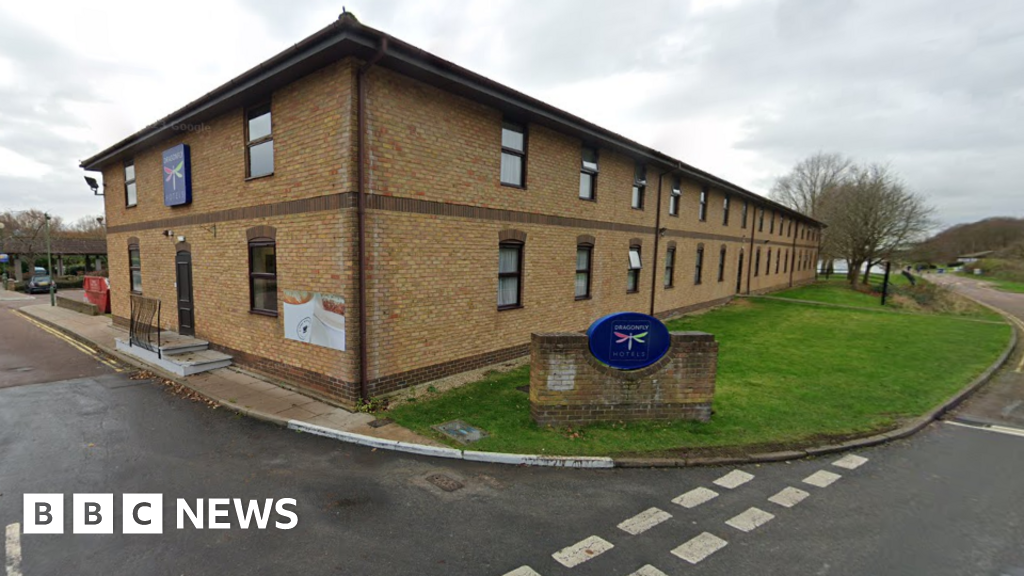ARTICLE AD BOX
 Image source, PA Media
Image source, PA Media
By Alex Forsyth & Chas Geiger
BBC Politics
England's local authorities are poised to receive a funding boost from the government following recent warnings of further bankruptcies.
Single-tier and county councils are set to share an additional £500m to pay for children's and adult social care.
Lower-tier districts are expected to get extra sums totalling £30-£40m.
Earlier this week, more than 40 Tory MPs signed a letter urging Rishi Sunak to provide more money to avoid big cuts in local services.
They warned these would hit services ranging from support for vulnerable people to museums, recycling centres and leisure facilities, as councils struggle to balance their books.
They also cautioned that many local authorities would be forced to hike council tax in a general election year.
In December, the government announced it would make a total of £64bn available to councils in England for 2024-25.
The Department of Levelling Up, Housing and Communities said that represented an average real terms increase of 6.5%. But it included council tax increases of up to 10%, meaning residents would pay more for everyday services.
An announcement of the additional funding could come this afternoon.
The £500m total is less than council leaders were pushing for, but is still likely to be welcomed by those running local government.
It will help ease immediate pressures, but it will not address the long-term challenge of funding services such as social care, and council tax is still likely to rise in many places.
District council leaders held an emergency meeting at Westminster on Tuesday to urge the government to rethink its December settlement, because of the rising costs of tackling homelessness.
Finance bosses at seven councils have issued at least one Section 114 notice - in effect a declaration of bankruptcy - since 2020, with three doing so last year.
The notices are an acknowledgment that a local authority can not balance its books as required by law and lead to a freeze on non-essential spending on services.

 9 months ago
46
9 months ago
46








 English (US)
English (US)